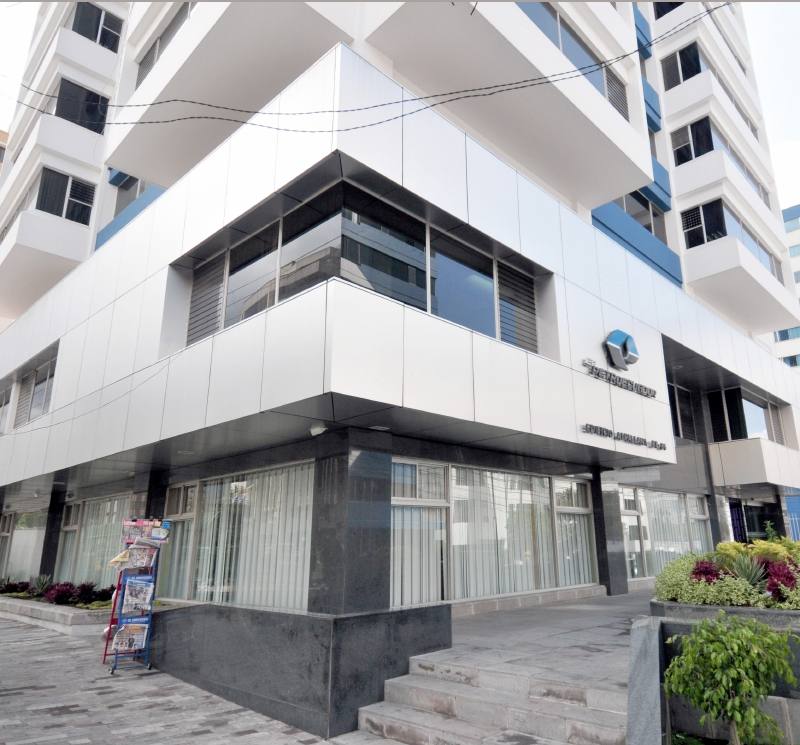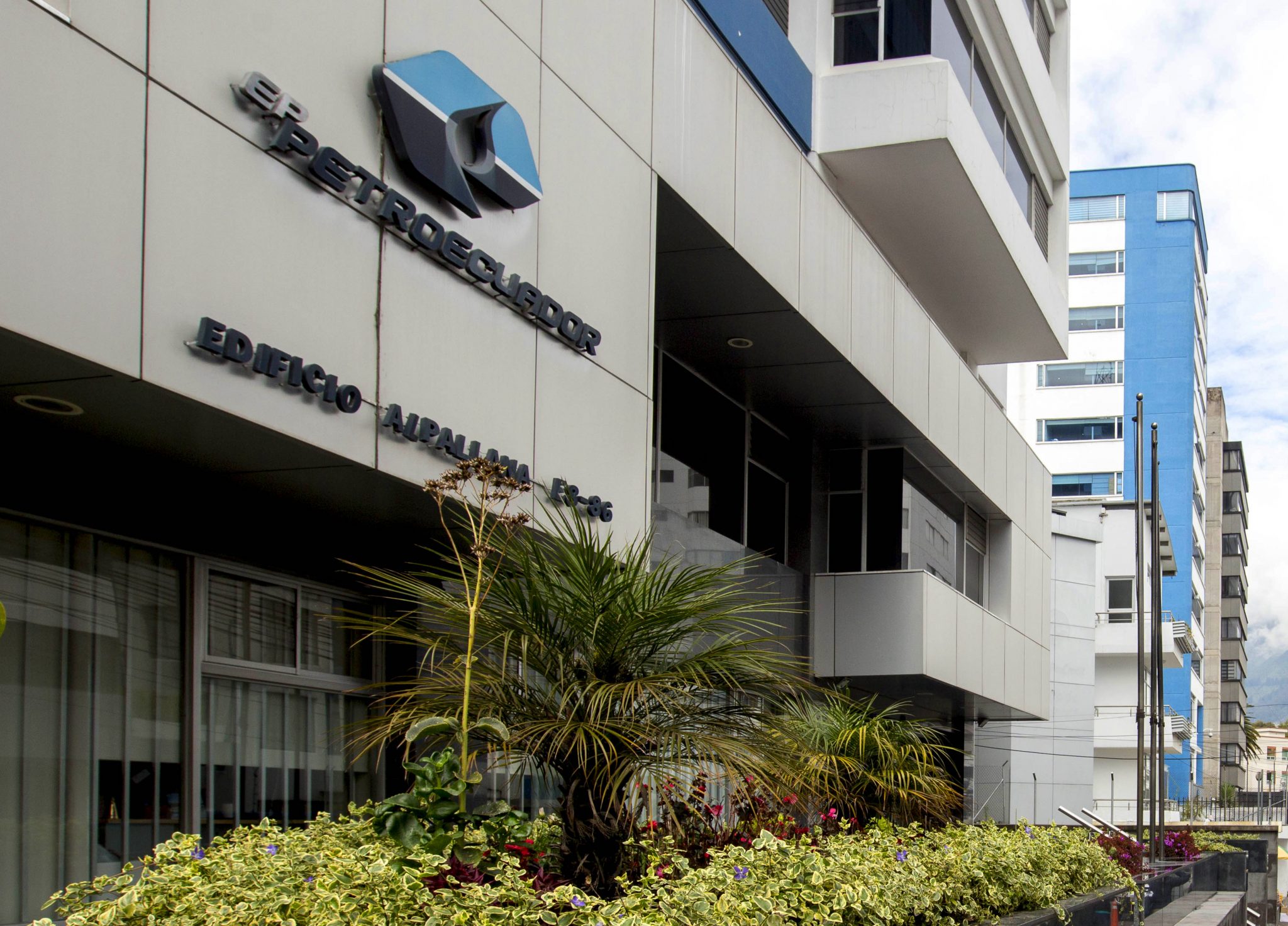(Argus, 13.Jul.2020) — Ecuador’s austerity-minded government is in discussions with China to secure a new loan backed by oil sales.
The fresh loan of at least $1.4bn would be secured by some 50mn bl of crude sales under a long-term arrangement that replicates a series of oil-backed debt contracts that state-owned PetroEcuador is still servicing with supply to Chinese state-owned PetroChina and Unipec, as well as Thailand’s state-controlled PTT.
In anticipation of the new loan, President Lenin Moreno issued a decree on 9 July that reforms the planning and public financing code to mandate a comprehensive analysis of any new public credit.
The debt talks were confirmed by PetroEcuador. The economy and finance ministry referred inquiries to the non-renewable natural resources (oil) ministry, which indicated that it would not comment until a transaction is finalized.
The talks follow the government’s restructuring of debt with a group of bondholders, and the unveiling of economic reforms, including a planned auction for PetroEcuador’s 110,000 b/d Esmeraldas refinery and the removal of most motor fuel subsidies.
On 11 July Ecuador implemented the first monthly fuel price adjustments under a new market-based pricing mechanism laid out in decree 1054 issued in May.
For the period of 11 July to 10 August, state-owned PetroEcuador’s published a refinery gate price of $1.61/gallon for 92-octane “super” gasoline. The oil ministry issued a suggested retail price of $2.24/gallon for the grade.
For 87-octane “extra” gasoline and Ecopais, which is “extra” gasoline with 5pc ethanol, the wholesale price from PetroEcuador is $1.58/gallon, with the maximum retail price set at $1.75/gallon.
Diesel at the refinery gate is $0.91/gallon, with a retail cap of $1.04/gallon.
The new pricing system establishes a 5pc band around the future price of WTI crude, with monthly reviews. When the new policy was first adopted, retail fuel prices immediately fell as a result of the sharp decline in international oil prices. LPG prices remain frozen.
Ecuador, which left Opec in January as a belt-tightening measure, has been particularly hard hit by the Covid-19 pandemic combined with the March collapse in oil prices and a series of mudslides and erosion that ruptured oil export pipelines in April.
__________
By Patricia Garip


